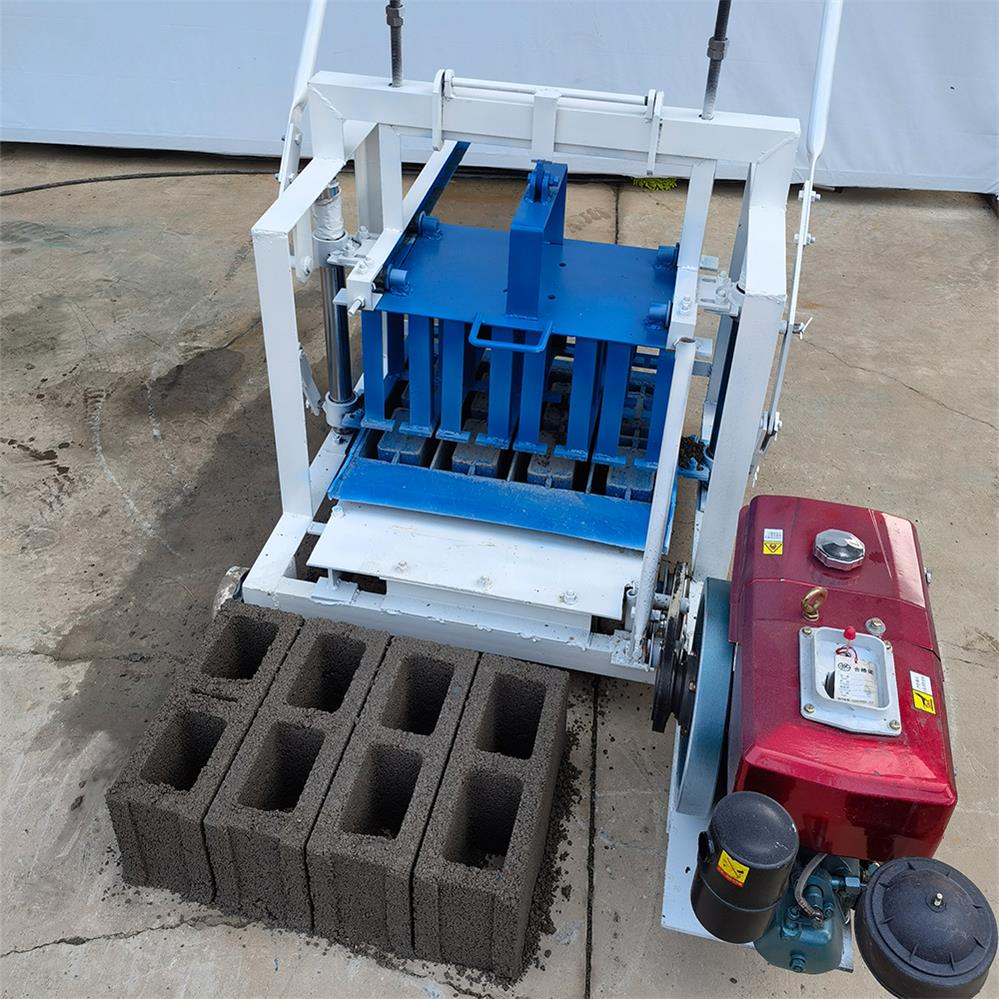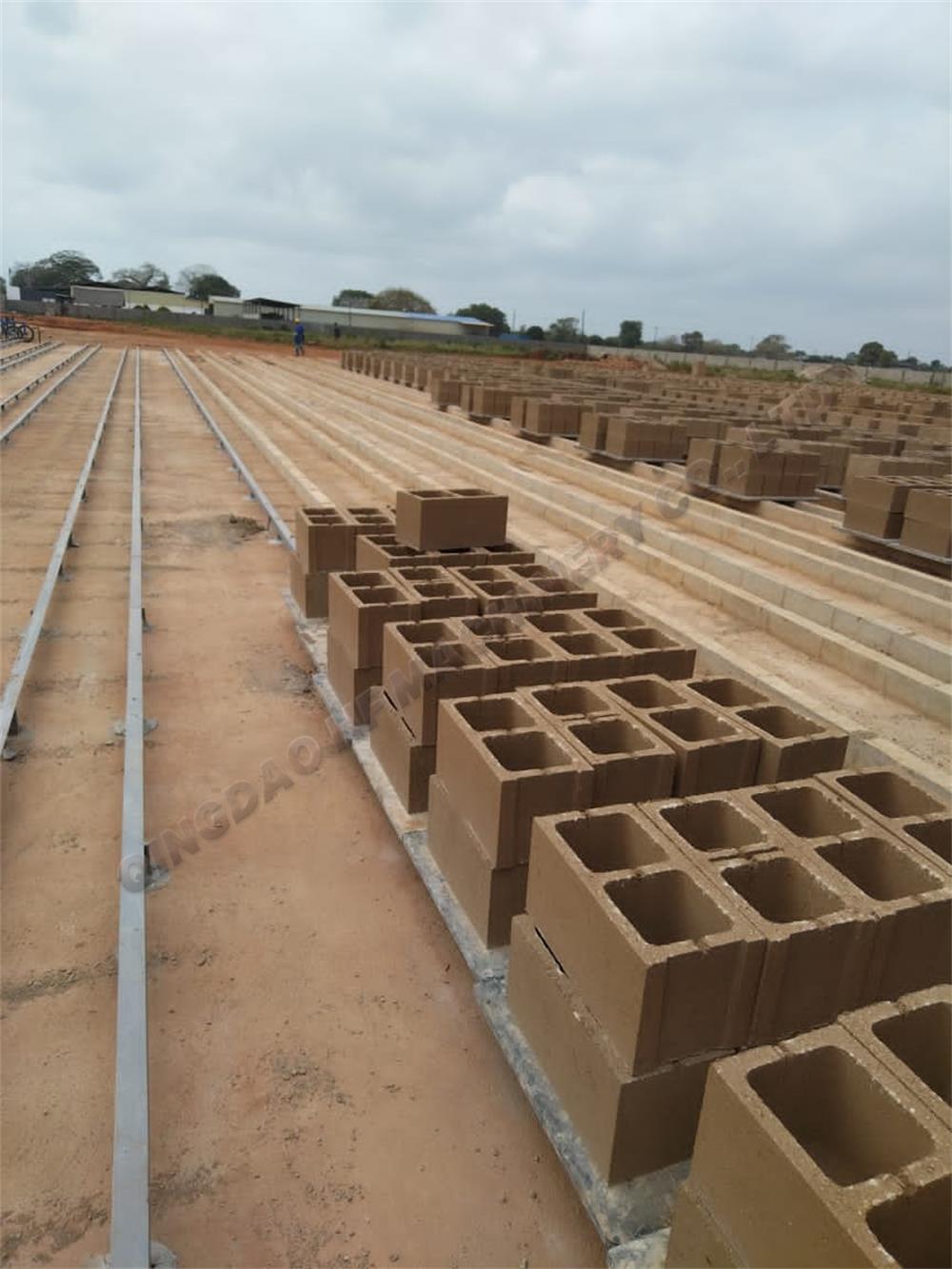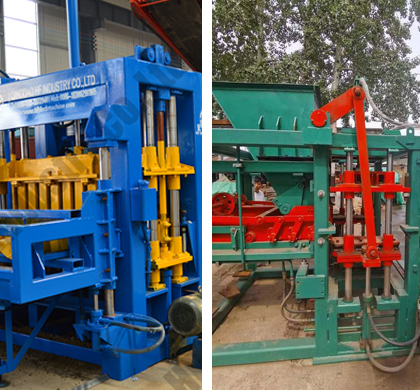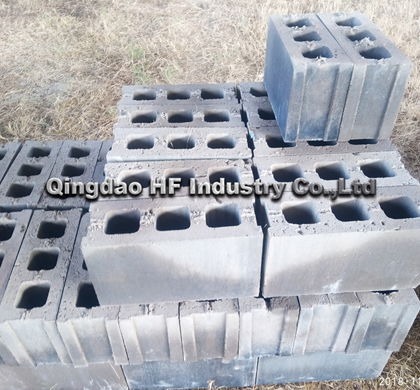The construction industry, a critical driver of global economic growth, relies heavily on efficient and scalable production methods to meet the ever-increasing demand for infrastructure. Block machines play a crucial role in the construction industry, providing the necessary equipment to produce concrete blocks used in various building projects. These machines are essential for producing high-quality blocks that are strong, durable, and consistent in size and shape. They are used in the construction of residential buildings, commercial structures, roads, bridges, and other infrastructure projects.

Historical Development and Evolution
Block machines have a relatively recent history compared to other construction technologies. The advent of concrete as a versatile and durable building material in the early 20th century spurred the development of machines to produce concrete blocks efficiently. Initially, block production was labor-intensive, with workers manually molding and curing the blocks. The introduction of mechanized block machines revolutionized this process, allowing for mass production and consistent quality.
.jpg)
Types of Block Machines
Block machines are diverse, designed to cater to various production needs and scales:

Manual Block Machines: These are basic, hand-operated machines suitable for small-scale production. They are typically used in developing regions where industrial infrastructure is limited.

Automatic Block Machines: These machines combine manual input with automated processes, offering a balance between cost and efficiency. They are ideal for medium-sized operations.
.jpeg)
Fully Automatic Block Machines: Equipped with advanced technology, these machines handle all aspects of block production from mixing raw materials to curing. They are designed for large-scale industrial production, ensuring high output and uniform quality.
.jpg)
Impact on the Construction Industry
Enhanced Production Efficiency: Block machines significantly increase production capacity. Fully automatic machines can produce thousands of blocks per hour, which is crucial for large construction projects and urban development. This efficiency reduces construction timelines and labor costs, making large-scale projects more feasible.
.jpg)
Consistency and Quality Control: Automated block machines ensure uniformity in size, shape, and strength of the blocks. Consistent quality is vital for structural integrity and safety in construction. Automated systems reduce the likelihood of human error, resulting in higher-quality end products that meet stringent industry standards.
.jpg)
Cost-Effectiveness: While the initial investment in advanced block machines can be substantial, the long-term benefits include lower labor costs and increased production rates. The economies of scale achieved through automated production lower the overall cost of building materials, making construction more affordable.
.jpg)
Sustainability and Environmental Benefits: Modern block machines are designed to be energy-efficient and environmentally friendly. They often incorporate recycled materials, such as fly ash and slag, into the production process. This reduces the consumption of natural resources and minimizes waste. Additionally, the precision of these machines ensures minimal material wastage during production.

Innovation and Customization: Block machines have enabled the development of specialized blocks tailored to specific construction needs. These include insulated blocks, decorative blocks, and high-strength blocks. The ability to customize block properties enhances architectural flexibility and innovation, allowing for more creative and efficient building designs.

Challenges and Considerations
Despite their advantages, block machines face several challenges:

High Initial Investment: The cost of purchasing and installing advanced block machines can be prohibitive for smaller construction firms or in regions with limited financial resources.
.jpg)
Maintenance and Technical Expertise: Advanced machines require regular maintenance and skilled operators. In areas lacking technical expertise, this can pose a significant challenge, potentially affecting machine performance and longevity.

Adaptability to Local Conditions: Raw material availability and local climate conditions can impact block production. Machines must be adaptable to different types of raw materials and varying environmental conditions to maintain efficiency and block quality.

Future Prospects
The future of block machines in the construction industry is promising, driven by ongoing technological advancements and the increasing emphasis on sustainable building practices. Innovations such as 3D printing with concrete and the use of artificial intelligence (AI) for quality control are poised to further revolutionize block production.
.jpg)

The Molding Vibration Block Machine has a short forming cycle and high production output. The continuous increase in vibration frequency during material feeding and forming vibrations reduces the feeding time by 3 to 4 seconds. The table vibration machine

Brick manufacturing has been an essential part of construction for centuries, providing durable and aesthetically pleasing building materials. However, the process of producing bricks is not without its challenges. As the world becomes more environmentall

Whether for inquiries for inspections and
maintenance, for individual plant optimizations or
extensions, or spare and wear parts.

Our after-sales service is at your disposal for all
questions

Gemini Tower, Block B, Chunyang Road, Chengyang District, Qingdao, China
Show on the Map
We will contact you within 24 hours.